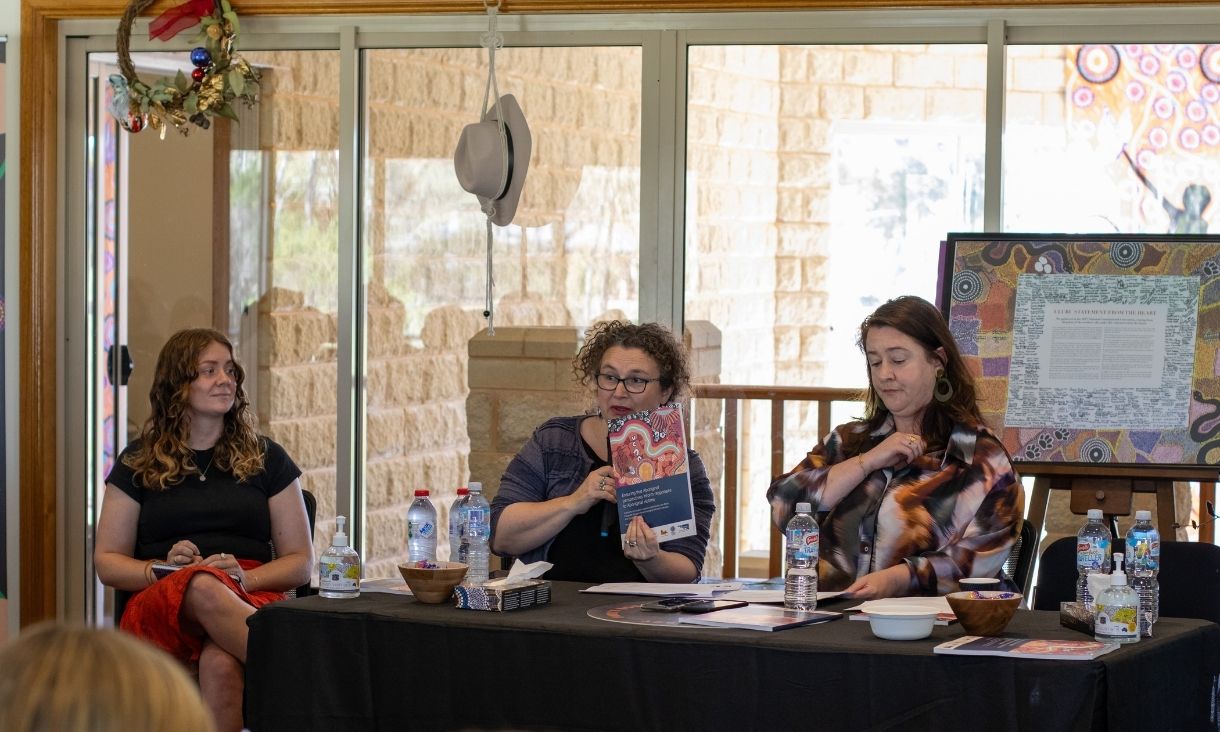RMIT Centre for Innovative Justice shapes justice system reform to better support survivors of sexual violence
The Centre for Innovative Justice (CIJ) has played a key role in shaping the Australian Law Reform Commission’s (ALRC) Safe, Informed, Supported: Reforming Justice Responses to Sexual Violence report.
Voices of Aboriginal victims of crime inform calls for improved support
A report has found that widespread structural change to service systems and legal processes is urgently required to ensure that Aboriginal and Torres Strait Islander people who experience crime are receiving appropriate and effective support.
“There is no hierarchy” in human rights: ALRC President examines what happens when human rights interact
Justice Mordy Bromberg, the President of the Australian Law Reform Commission, delivered the 2024 Higinbotham Lecture, focusing on the recent ALRC inquiry into anti-discrimination laws.
First national study on intimate partner violence among young people aims to turn the tide
An Australian-first study on young people’s use of violence towards intimate partners is seeking a new approach to interventions and support for victims and perpetrators, as experts warn of gaps undermining existing efforts.








